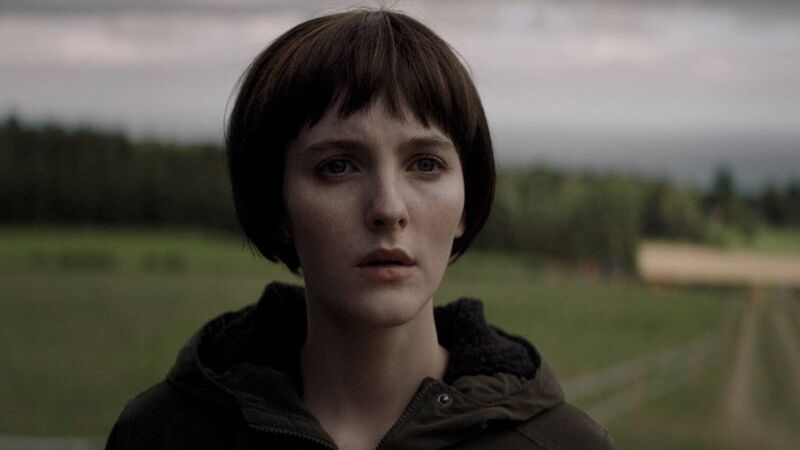Movie Reviews: Aidan Gillen is a sinister mentor in Rose Plays Julie

Rose Plays Julie: a poignant treatise of adoption and relationships
All the world’s a stage, and all the men and women merely players. (15A) opens with Rose (Ann Skelly), a veterinarian student living in Dublin who discovers that she was adopted at birth. Keen to establish a relationship with her birth mother, Ellen (Orla Brady), Rose travels to London, where Ellen is an actor. When Ellen rejects Rose’s overtures, Rose becomes even more determined to insert herself into Ellen’s life.




